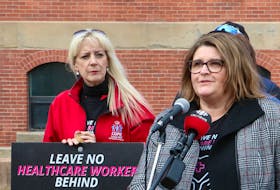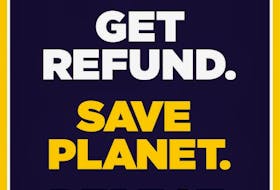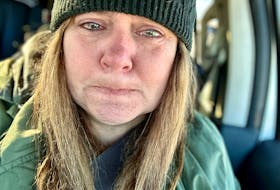The federal government has stepped up to support Canadians who have lost their job or cannot work because of the COVID-19 pandemic, with the $107-billion Canada Emergency Response Benefit (CERB) package.
The new benefit allows people to claim $2,000 a month for up to four months in emergency support. “The CERB covers Canadians who have lost their job, are sick, quarantined, or taking care of someone who is sick with COVID-19, as well as working parents who must stay home without pay to care for children because of school or daycare closures. It also applies to anyone who was laid off and qualifies for EI. But, unlike EI, it also applies to people who don’t, such as freelancers, contractors and people still technically employed but no longer receiving income due to the pandemic.”
To qualify, and this is where a number of individuals may fall through the cracks, “applicants must have had $5,000 in employment income, self-employment income, or maternity or parental leave benefits for 2019 or in the 12-month period preceding the day they make the application”.
So who will miss out under the program?
They are entrepreneurs, and they are the lifeblood of the economy. We are not talking the successful, deep-pocketed business people who have more money than they know what to do with. They would be the first to say that they don’t want or need these benefits.
But there are many entrepreneurs who are neither considered self-employed, nor do not qualify for normal EI benefits simply because they operate through incorporated companies and control more than 40 per cent of the voting shares thereof.
They take on the risk associated with business start-ups, of which something like four out of five will fail within the first five years. They are required to personally guarantee most if not all of their business’ debts. And quite a few lie awake at night wondering where the money will come from to cover the company’s next rent or utility payment, to meet the next payroll, or to incur the next expense without which the business won’t be able to compete in the marketplace.
These are the same people we look at with envy because “they own their own business” and therefore they must be doing well financially.
In difficult times, however, and there have been no shortage of those lately, these shareholder-entrepreneurs are also the first to do without, to dip into personal savings in order to meet corporate commitments. Their own payroll is often the first to be cut “to pay the bills”, in hopes of better times ahead.
What happens if they aren’t able to meet their recurring commitments? Unfortunately, they stand to lose everything, both business and personal. Limited liability only goes so far when you have personally guaranteed your company’s bank and other loans and operating credit, as well as landlord rent for operating premises, the vehicles used, and so on.
Large lending companies and financial institutions don’t have a Department of Patience, or a Compassion Division. The government’s program to help small business with loans of up to $40,000, with up to $10,000 forgivable, means adding more debt to what is already there. For many small businesses, digging a deeper hole may not be the direction they want to take in order to help spur on the new economy.
During difficult times, many work without drawing a salary. Why take a salary when you have to deduct and remit the normal payroll deductions (CPP, income taxes) and you only end up with a portion of your gross, and then you have to inject more personal funds to cover the salary you just took? And if they haven’t recently been taking a salary, these entrepreneurs are not going to meet the CERB qualification criteria.
So, when the federal government talks about taking steps to ensure that small business, which accounts for 70 per cent of private sector employment, is able to stick around to get the economy up and running again after all of this has passed, they should keep in mind that there are a significant number of business people who have helped to build this economy, are having a hard time themselves, and may deserve at least a portion of the $2,000 per month to which their employees are entitled while, at present, they themselves are not.
Dave Randell
St. John’s









